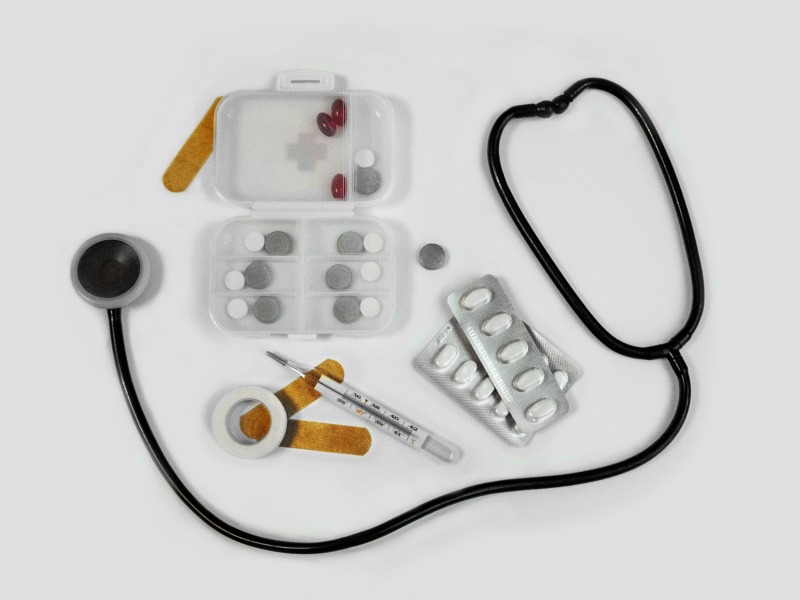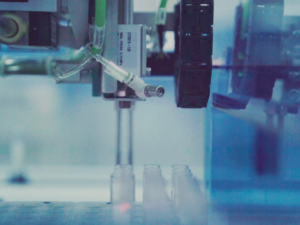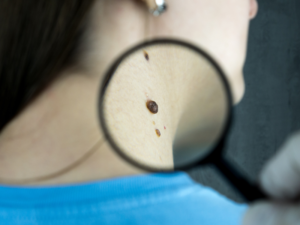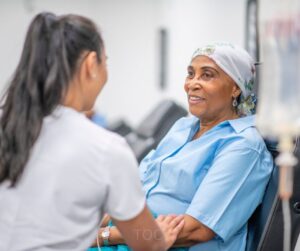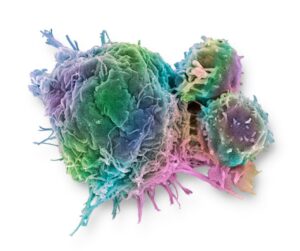Alana Rothman, FNP
My dad was 64 years old—active, social and otherwise healthy—when he was diagnosed with glioblastoma multiforme. We didn’t appreciate what the diagnosis meant when it was given, but the full impact was revealed over the days and weeks that followed. After the surgery to resect the large tumor in the left frontal lobe of his brain, he never walked, bathed, or went to the bathroom independently again. Although his cognition was also impacted, thankfully, his memory and personality were not. The many open, honest conversations we had in his final months allowed us to choose a treatment course best aligned with his values and also helped us all accept the inevitability of his death even before it came.
Four-and-a-half years later, I made a career change and entered nurse practitioner school. I now work at an academic medical center where I routinely see patients with advanced cancer. When my patients are grappling with their diagnosis and all the changes it has brought, I often tell them, “Being diagnosed with cancer is like being hit by a meteor. It comes out of nowhere and it changes absolutely everything.” Helping guide patients through the resulting altered landscape is the primary thing that draws me to oncology care. In general, our society shies away from difficult conversations, especially those around illness and death. I create a safe space in my clinic room where patients can ask the difficult questions, the ones they sometimes haven’t asked out loud yet: How will we know treatment is working? If treatment isn’t going to save my life, is it worth doing? What will dying be like?
It is essential to create a safe space where patients can explore these questions, and for us to assist in that exploration. Working in oncology, we hold the knowledge of the scope of what their disease trajectory could entail. The patients hold the knowledge of what is most important to them. By opening these conversations, we not only share information; we make it “okay” to discuss these subjects. We impart some of the language to do so, enabling our patients to then go and further these conversations with their loved ones, ultimately helping them to face the challenging landscape of cancer with a little less fear and make decisions that are best suited to them. There are no easy answers, but helping to facilitate the important conversations to work toward those answers is an essential part of what grounds me in this work.
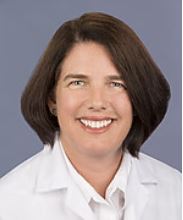
.

